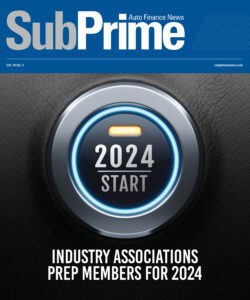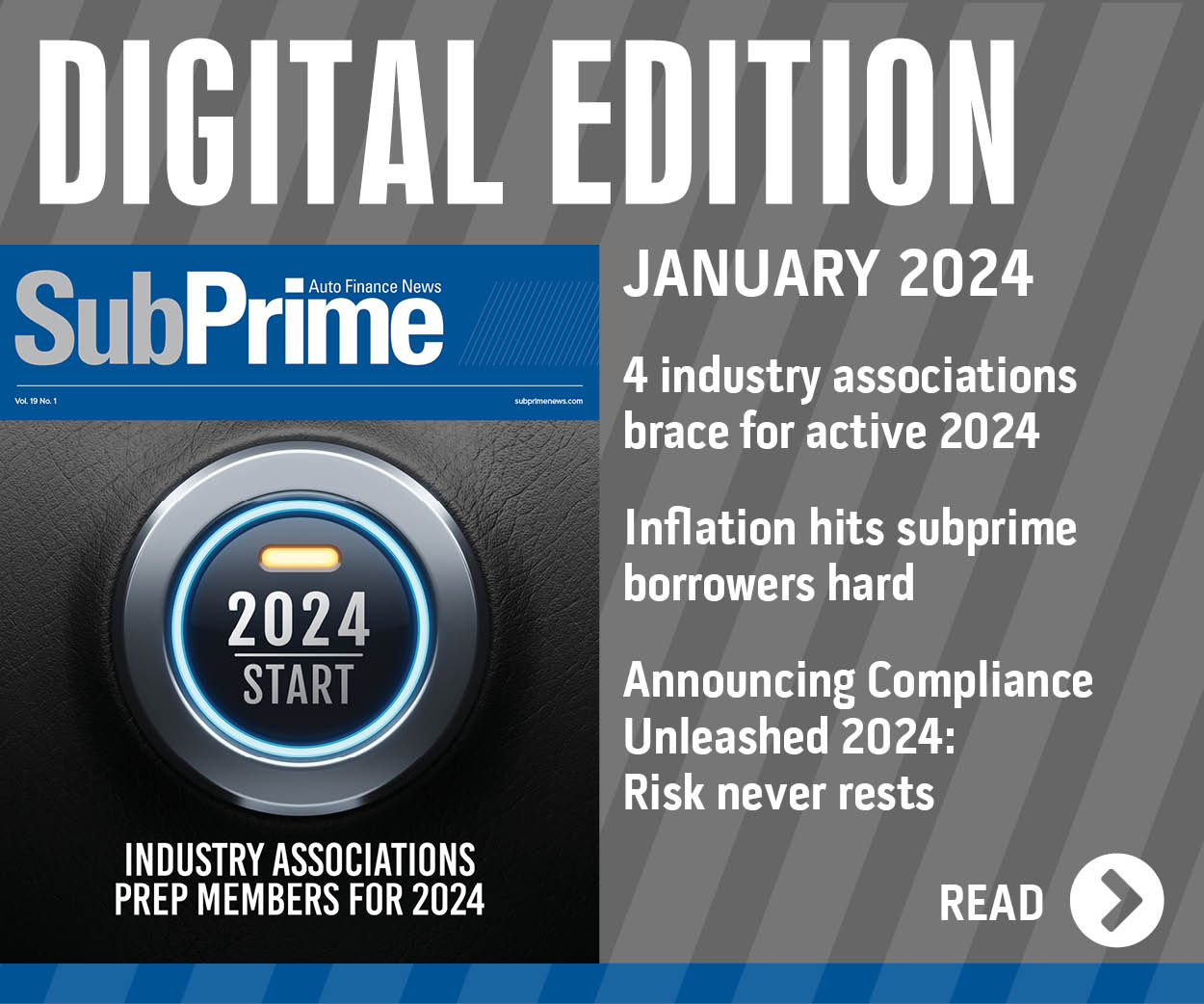Banks celebrate key court victory against CFPB

College football teams weren’t the only ones claiming victories in Texas on Saturday.
The American Bankers Association (ABA), the Consumer Bankers Association (CBA), the Texas Bankers Association, the U.S. Chamber of Commerce and several other co-plaintiffs cheered the decision by the U.S. District Court for the Eastern District of Texas.
The court granted the plaintiffs’ motion for summary judgment, and denied the counter-motions by the Consumer Financial Protection Bureau (CFPB), in a case against the CFPB challenging the legality of changes made by the agency last year to the Unfair, Deceptive, or Abusive Acts or Practices (UDAAP) examination manual.
According to a news release from the CBA, the U.S. District Court for the Eastern District of Texas’ final judgment declared that “the pursuit of any examination, supervision, or enforcement action against any member of a plaintiff organization based on the (CFPB’s) interpretation of its UPAAP authority” under the March 2022 exam manual “unlawful as exceeding statutory authority and as based on unconstitutional funding.”
The full final judgment that vacated the update can be found via this website.
“Today’s ruling is a clear affirmation of CBA’s long-held belief that the CFPB exceeded its statutory authority outlined in the Dodd-Frank Act by seeking to punish banks for perceived discrimination even without evidence of discriminatory intent. We appreciate the Court’s recognition that changes made by the bureau to the UDAAP Exam Manual stand contrary to law and the intent of Congress. As we have conveyed, these actions were especially concerning given that they were taken without industry input and outside of the rulemaking process required by the Administrative Procedure Act,” CBA president and CEO Lindsey Johnson said in the news release.
“Our members firmly oppose discrimination in any form and strongly support fair, objective, and transparent enforcement of civil rights and fair lending laws,” Johnson continued. “At the same time, we must also recognize the bureau’s unilateral decision to expand its UDAAP authority has threatened banks’ ability to deliver the products and services millions of Americans rely on to meet their financial needs.
“Moving forward, America’s leading banks remain fully committed to working with the Bureau on any concerns and initiatives to ensure a fair and just financial system. Accordingly, we urge the agency to introduce policy considerations using proper procedure,” Johnson went on to say.
According to an ABA news release, the judge also agreed with the plaintiffs that the CFPB clearly exceeded its statutory authority under the Dodd-Frank Act. In addition, the judge upheld ABA’s challenge to the exam manual on the grounds that it was the product of an unconstitutionally funded agency.
Officials said Texas is covered by an appellate court ruling, currently being appealed to the Supreme Court, that found the bureau’s funding violates the Appropriations Clause of the Constitution.
While the ABA said it repudiates discrimination of any kind, it argued in the case that the bureau’s unfair, deceptive and abusive acts or practices, or UDAAP, authority cannot be used to extend the fair lending laws beyond the bounds set by Congress.
“While we’re still reviewing the final judgment and its full implications, we’re pleased with today’s U.S. District Court ruling that makes clear the CFPB exceeded its statutory authority when it ‘updated’ its exam manual and announced an open-ended and novel power to examine banks for alleged discriminatory conduct,” ABA president and CEO Rob Nichols said in the news release.
“We strongly support the fair enforcement of nondiscrimination laws, but the bureau’s extraordinary expansion of its regulatory reach crossed the line,” Nichols added. “We hope this ruling sends a clear message to the bureau and all federal regulators that they must operate within the boundaries set by Congress.”

 View The Latest Edition
View The Latest Edition

